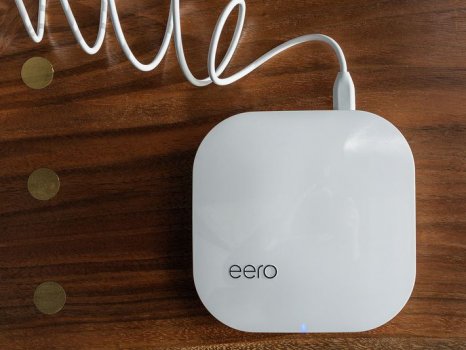
So much like Zigbee, Z-Wave isn’t ideal for transferring large amounts of data. Because of this, it works with devices that also require very little power and data transfer. It uses a 915 Mhz band, which translates to about 0.915 GHz. When it comes to Z-Wave, the radio frequency and data consumption are even less than Zigbee. For these activities, it’s best to use Wi-Fi. Lower power consumption and data, however, also means that it’s not suitable for transferring large amounts of data such as downloading large files or online gaming. With a range of 200 – 400 feet, it’s also more suitable for devices that are within close range of each other. This includes devices such as smart lights and smart plugs. Zigbee also has lower power consumption than Wi-Fi, so it’s more often used with devices and systems that require less energy and low data.

Because of this, it’s faster than Z-Wave, and a more popular choice for smart home operation. Zigbee runs on a 2.4 GHz frequency – much like Wi-Fi. This is why, although both Zigbee and Z-Wave are mesh networks, neither can intermingle nor cause interference with the other – even if run in the same house. One of the most notable differences between Zigbee and Z-Wave, is Zigbee runs on a different wavelength than Z-Wave. So now what are the differences between Zigbee and Z-Wave? Zigbee

This is what is referred to as self-healing. If one device, or, node on the network fails, the signal automatically jumps to the next device, not breaking the cycle of connection between devices.


 0 kommentar(er)
0 kommentar(er)
